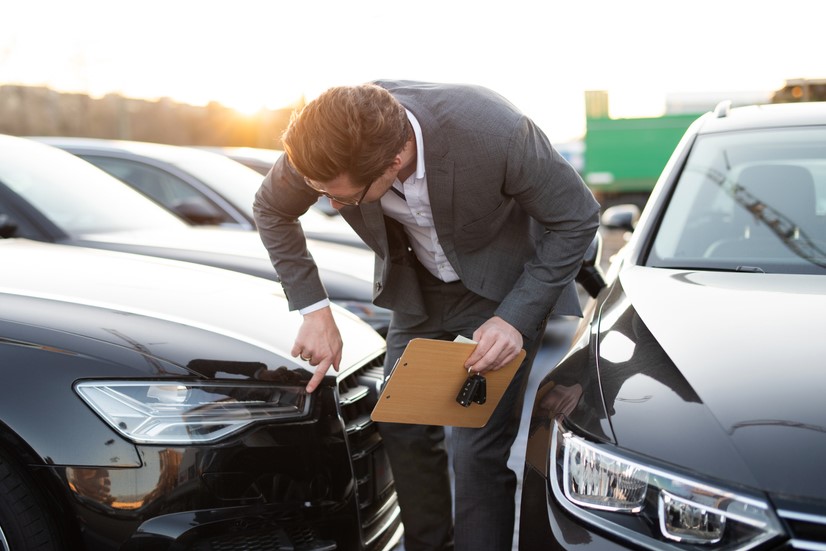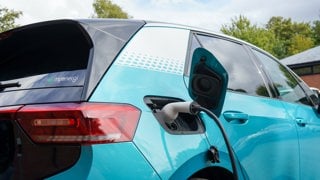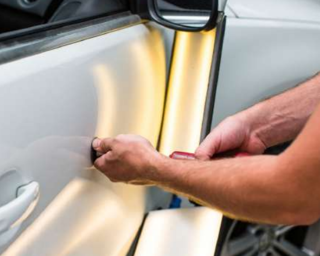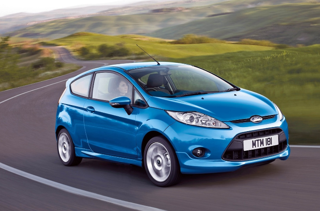Dealers are currently retailing many cars around break-even 'just to keep the lights on', say analysts for HonkHonk which connects private sellers with retailers needing stock.
It means that many private sellers end up mistakenly holding out for better offers that never come, only to find their car is worth even less when they try again.
"Every day we're hearing about car owners turning down fair offers, only to come back later when they realise that it was the best offer possible," said HonkHonk CEO Sebastien Duval.
"The myth that dealers are trying to inflate profits when they offer a bit lower than the publicised trade price for a car is revealed by our analysis of spiralling preparation and presentation costs before a car can be sold again."
HonkHonk analysts say that today the profit on an average car, like a Ford Focus retailing at just over £12,000, can be well below £300 unless it was brought in for less than the commonly published 'trade value' of £10,000.
But overheads and preparation costs have risen so dramatically that many retail sales are currently closer to break-even, once business overheads are taken into account.
Duval said: "Dealers aren't looking for sympathy but better understanding of the current market conditions.
"We're also seeing an increase in private sellers deciding to sell their car just ahead of a major service, to avoid that expenditure, without considering that the buyer will have to take that cost into account in the offer they make.
HonkHonk points out that independent market information experts CAP-HPI warned last week that the market is only just beginning to stabilise after last year's major falls, also reducing the value of cars held in stock each day.
"Many people naturally assume that the difference between published trade and retail price represents the dealer's profit, but preparation costs eat most of that up very quickly," Sebastien Duval adds.
"We think that dealers will continue hedging against these spiralling costs until the market has fully recovered and that means consumers are well advised to accept early offers as the best they're likely to get.
"Looking ahead we think that dealers will typically need a £2,500 buffer on a car eventually retailing around £10,000 - £12,000, rising to £3,000 for a car they'll sell at around £20,000 and the best part of £5,000 for anything in the £50,000 retail bracket."





















Login to comment
Comments
No comments have been made yet.